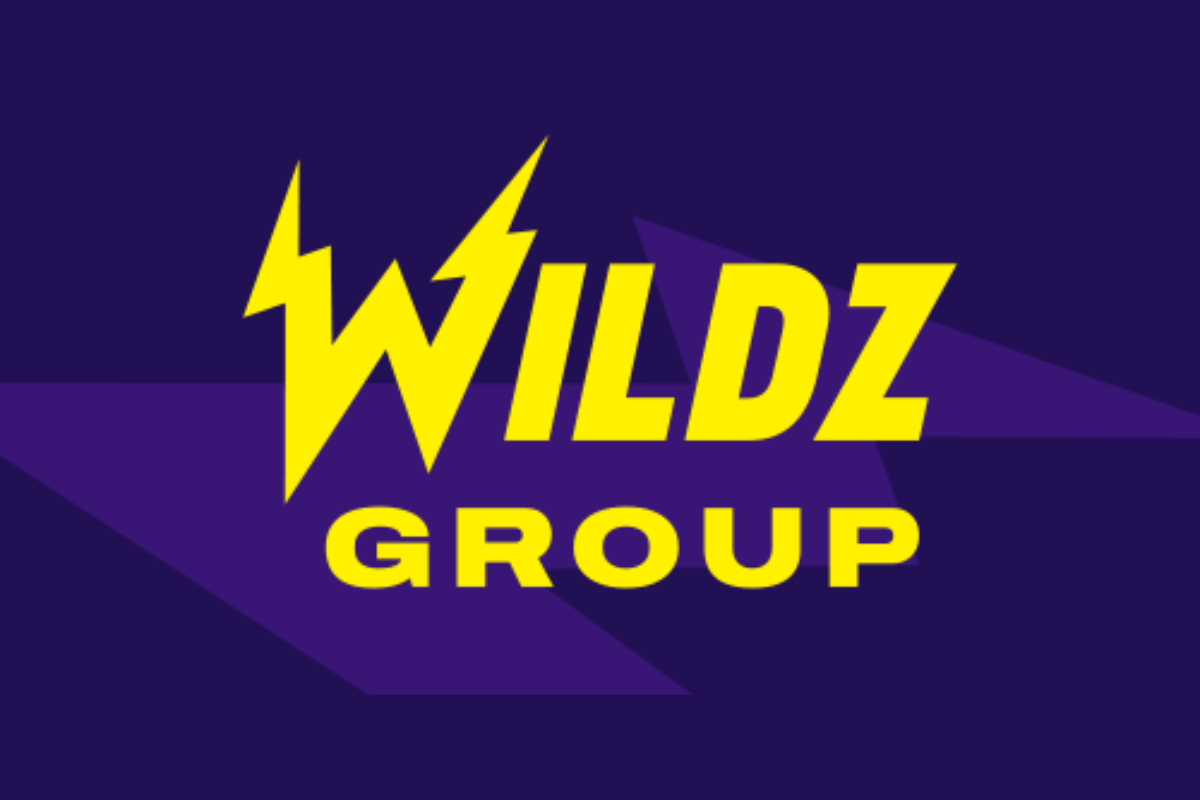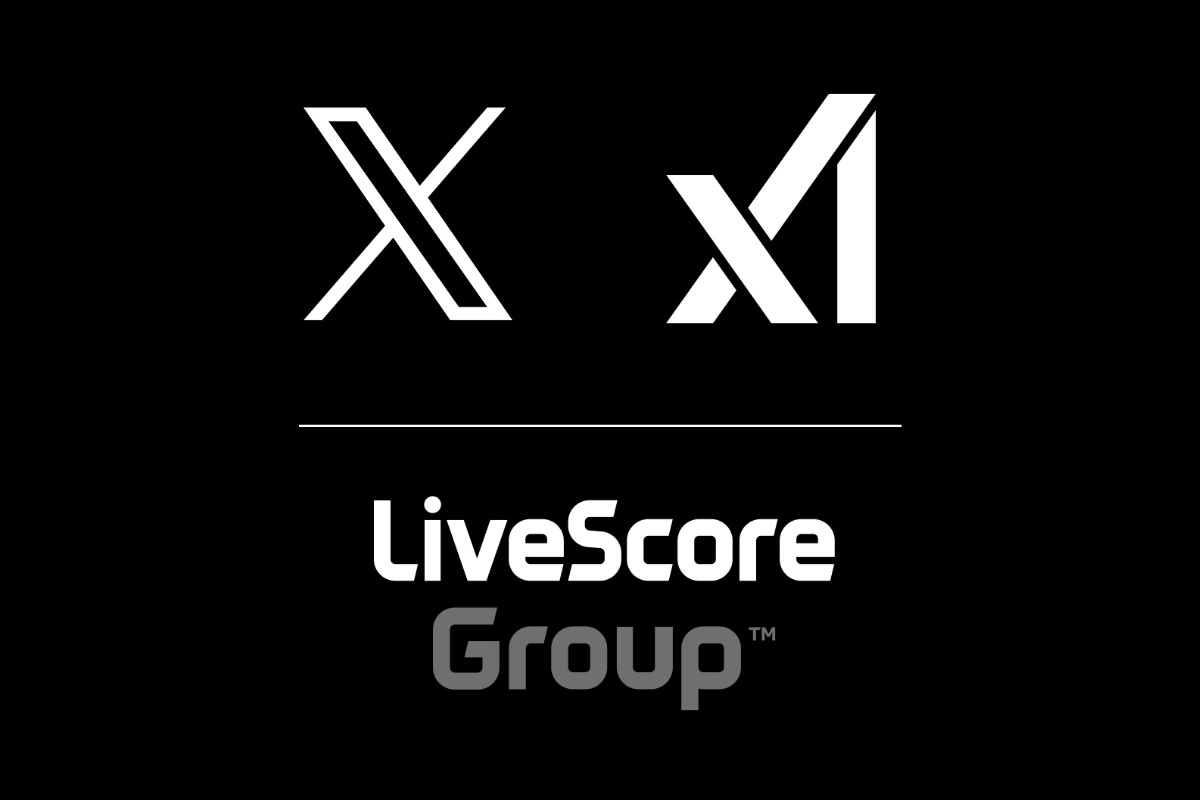Latest News
A $400M Year, Built Alone: Gurhan Kiziloz Bets on Speed Over Capital

In the early days of Apple, Steve Wozniak sold his HP calculator and Steve Jobs his Volkswagen van to fund their first computer. Shopify began as a snowboarding shop built on a custom tool its founders couldn’t find elsewhere. Even Google, before the Sand Hill Road money arrived, ran from a garage with servers cooled by makeshift fans. There’s a long, often-forgotten lineage of companies that began not with funding rounds, but with focus, founders building first, raising later, if at all.
Gurhan Kiziloz is working firmly in that tradition. His company, Nexus International, has built itself into a global business, with Megaposta crossing $400 million in revenue in 2024, entirely on its own momentum. It’s not an anti-venture stance. It’s a strategic decision. Capital, he’s said, isn’t something he’s inclined to ask for. “If I can build it myself, I will.” In practice, that meant a culture that values autonomy, precision, and forward motion, qualities that are difficult to preserve once external timelines and incentives begin to shape a company’s internal pace.
The benefit of independence isn’t abstract, it’s operational. With no need to allocate time toward fundraising cycles or investor communication, Nexus has been able to maintain a level of responsiveness that larger, better-capitalized competitors often struggle to match. The cadence is sharp. Teams know what’s expected. And product decisions move from conversation to execution without bureaucratic drag.
This speed is embedded into the company’s structure, but it isn’t unstructured. Internally, systems are defined, responsibilities are clear, and feedback flows quickly. The team is built not around endless planning, but around readiness. There’s a constant hum of momentum, not chaotic, not frantic, but focused. It’s a company that operates in game mode, by design.
Brazil was a strategic inflection point. Rather than follow conventional expansion models, Kiziloz and his team moved on conviction. The market wasn’t chosen from a spreadsheet, it was chosen from first-hand experience, cultural fluency, and a read on timing. “I love the people, the culture,” he said. But it wasn’t sentiment; it was recognition. The country offered scale, demand, and an energy that matched the platform’s own velocity. Within a year, Brazil was not just an expansion, it was a stronghold.
Operating at this pace has required trade-offs. Without outside capital, the margin for error narrows. Growth comes not from cash injections, but from working systems. But Kiziloz seems to prefer it this way. There’s no reliance on external timelines. Progress is internalized. Decisions are made close to the work, not elevated into abstraction.
This echoes the ethos of other notable builders who stayed off the beaten path, at least early on. Mailchimp bootstrapped to $700 million in annual revenue before selling. Basecamp famously returned outside money in its early days to preserve independence. Atlassian avoided traditional VC entirely during its first decade, choosing to fund operations through revenue. Each case reinforces a point: independence, when matched with clarity of purpose, can be a growth strategy, not a constraint.
Kiziloz’s model follows that line. It’s not reluctant. It’s disciplined. His focus is not just on building quickly, but on building with integrity to the company’s internal pace. In a market where timelines are often dictated from the outside, Nexus continues to define its own.
The system is not romantic. It’s not built on slogans or founder myth. It’s functional. Teams are hired to move, not to deliberate. Feedback isn’t annual, it’s ongoing. And while the ambition is global, the execution is tightly local. Every market Nexus enters is treated as a ground-up build, not a top-down rollout.
It’s not a style that suits every founder. But that doesn’t appear to be the point. Kiziloz is not seeking consensus. He’s building systems that reflect how he works best, and how his team can move fastest. There is no ceremony in it, just coordination. The freedom he’s preserved by staying self-funded has allowed him to keep that structure intact.
In an era when visibility often gets mistaken for traction, it’s easy to overlook the builders who are scaling quietly. Nexus isn’t loud. It’s not chasing headlines. But it is delivering, on pace, on product, and on outcomes.
As more companies confront the limitations of the raise-first, scale-later model, Kiziloz’s approach offers something increasingly rare: a proof of concept for independence. Not as an aesthetic, but as an operating principle. And as the market begins to reward grounded execution over narrative-driven growth, the advantage may not just be speed, but sustainability.
References
- https://www.historyofinformation.com/detail.php?id=3019
- https://producthabits.com/shopify-grew-snowboard-shop-10b-commerce-ecosystem/?
- https://www.builtinsf.com/articles/sand-hill-road
- https://www.wired.com/2007/02/googles-first-l/?
- https://signalvnoise.com/svn3/resisting-the-lure-of-unicorn-culture/?
- https://www.thesoftwarereport.com/how-atlassians-co-founders-bootstrapped-for-nearly-a-decade-and-built-a-8-billion-company/?
-

 Asia6 days ago
Asia6 days agoDigital gaming disruption tackled in 1st AsPac Regulators’ Forum
-

 Africa7 days ago
Africa7 days agoBetKing Renews Ikorodu City FC Partnership for 2025/26 NPFL Season
-

 Compliance Updates6 days ago
Compliance Updates6 days agoKongebonus statement: Norway’s election result signals gambling policy continuity, but licensing debate is set to intensify
-

 Balkans6 days ago
Balkans6 days agoBEGE Awards Nominations Now Open – Celebrating 16 Years of Industry Excellence!
-

 Latest News6 days ago
Latest News6 days agoWin a Fruity Fortune in BGaming’s Bonanza Trillion
-

 Latest News6 days ago
Latest News6 days agoSlots Temple Announces Exclusive Free-to-Play Tournament Partnership with Pragmatic Play
-

 Latest News6 days ago
Latest News6 days agoSaddle up for big wins under the Bison Moon with the latest slot from Northern Lights Gaming
-

 Latest News6 days ago
Latest News6 days agoAnswer the Call of the Wild: ELA Games Unveils Its Latest Game “Buffalo Force”

























